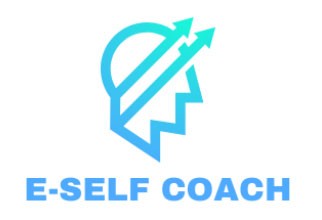- Popular Categories
- Personal Development Courses
- Marketing Courses
- Business, Entrepreneurship & Investment
- Development & Programming Courses
- Sport, Health & Fitness Courses
- Online Courses for Design Skills
- Beauty & Skincare Online Courses
- Data Science Online Courses
- Cooking Courses
- Language Learning
- Music Courses
- Management and Professional Certifications
- Continuing Education Courses
- Creative Writing & Literature Online Courses
- History, Nature, Religion, Philosophy & Psychology
- Creative Arts & Crafts
- Search Courses
- Free Online Courses
- About Us
